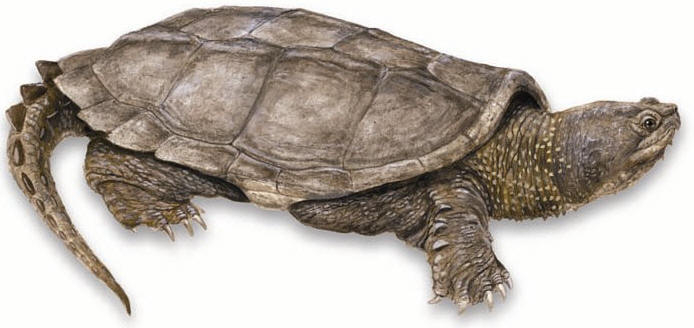It seems to me that there is something different in being a human and being an "earthling," as discussed earlier in the film "Earthlings." The term "human" seems to be a physical differentiation between us and everything else. It builds a wall between ourselves and literally every other species that inhabits the earth. But when we take a broader view of the world -- i.e. the perspective of God that Blake discusses in his poem -- we become "earthlings," fellow creatures of this earth. Though we are specifically built differently, intellectually and physically, ultimately we come together with all other forms of life to constitute one being -- the earth.
But such a perspective is not so easy to understand. We have constituted our entire lives around the idea that we are "human"-- nothing more and certainly nothing else. I believe it is because we have so limited the defintion of what it means to be human that we cannot comprehend what it means to be living. In other words, we cannot place ourselves in other beings such as animals and know what they feel, how they struggle, and where they fit in this world.
Since we are beings that praise knowledge and since we can ultimately have no knowledge of what it literally feels like to be an animal, we can, at times, be fearful of their power. The term, "beast," in particular comes to mind. In "Swamp Thing," the narrator becomes fearful and yet fascinated by snapping turtles. There is one passage, in particular that stuck out to me because it demonstrates the use of the word "beast" to describe animals we cannot understand and our lack of knowledge about what exists beyond us. Harrington writes, "Lamar looked down at this strange beast admiringly. Eugenia seemed to me not aanimal but an entity -- a moving, moss-covered rock. I asked Lamar if alligator snappers were intelligent. What I wondered was: Do they think?"(371). Here I believe captures the doubt humans face as we examine the animal world. We have deemed that only beings that "think" are worth caring for. The scope of animal ability to think and comprehend the world around them has become a means for humans to determine their worth. Ironically, however, it seems that by doing so we are, in turn, less able to "think" and comprehend the world that surrounds us.

Beast or God's Creature?

No comments:
Post a Comment